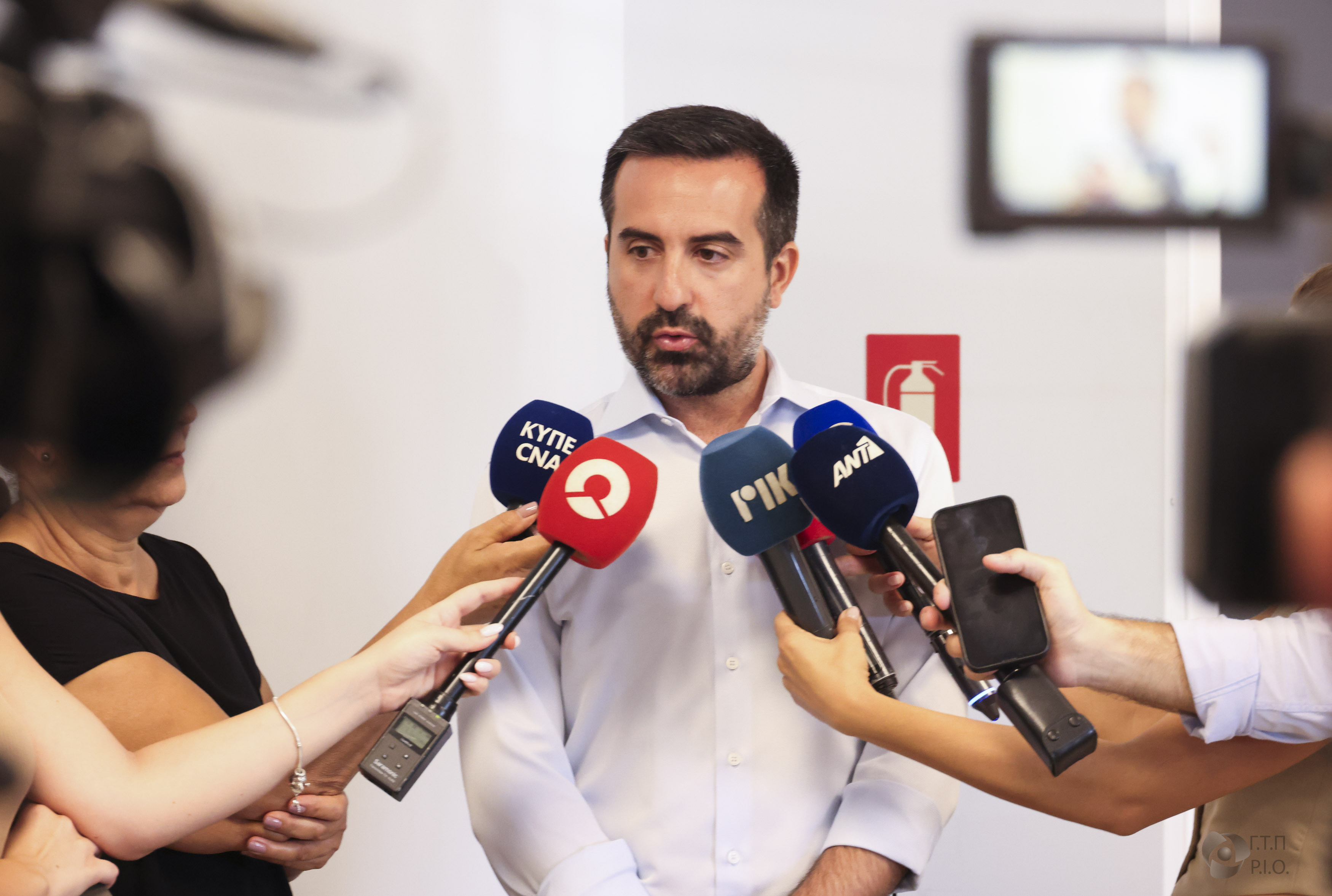
The migrant centre in Limnes, near the Larnaca district village of Menoyia, is expected to “contribute significantly” to Cyprus’ capabilities regarding the accommodation and processing of undocumented migrants, Migration Deputy Minister Nicholas Ioannides said on Friday.
Addressing the monitoring committee on home affairs funds, he said it will allow the country to “provide appropriate living conditions while asylum seekers are being temporarily accommodated” there, and also “increase the rates and numbers of those being repatriated” in the event that they are not granted asylum.
To this end, he said, the centre will “decisively strengthen the reception, asylum, and returns systems of the Republic of Cyprus”, and added that he looks forward to continue to develop his deputy ministry’s cooperation with Cyprus’ European funds directorate and with the European Commission to extract funds and support for these functions.
Ioannides’ report on progress comes at the end of a year in which the European Union’s 27 member states signed a new pact on migration, effectively redesigning its migration system.
The redesign consists of 10 separate pieces of legislation, all of which were passed by the European parliament during a late-night session in April. It provides for a stricter and more unified approach across the bloc to the processing and settling of asylum seekers.
Included in the legislation are provisions for “solidarity” between member states, which includes the voluntary taking on of asylum seekers by states which have the ability to do so, as well as providing financial contributions and operational and technical support.
There are also provisions to help EU countries manage surges in migrant flows, as well as screening of third country nationals upon their entry to the EU, with identity checks, biometric data collection and other checks. This process could take up to seven days.
In addition, regulations regarding the Eurodac database will be altered, allowing for the fingerprints and photographs of those entering the EU illegally to be stored indefinitely.
There are also provisions for faster processing of asylum claims and more watertight rules on asylum claims, as well as uniform reception standards for asylum seekers in terms of housing, schooling, and healthcare.
Additionally, member states have agreed to take in people who have already had their asylum claims ratified in other member states on a “voluntary” basis.
Interior Minister Constantinos Ioannou, who was in charge of migration in Cyprus before the creation of the migration deputy ministry in June, described the pact as a “step in the right direction”.
The European Commission’s director-general for migration and home affairs Corina Ullrich visited Cyprus to check on progress towards implementing the pact in September, and said the country has already done “a great deal of work” which “some other member states now need to start” in terms of infrastructure.
She did, however, note that there were some areas where the island requires improvement, including matters such as better health vulnerability checks on incoming migrants, resolving issues related to unaccompanied minors, and clearing its backlog of asylum claims.
She said the implementation of the redesign’s various stipulations within two years is “a very difficult task” for all member states.
“Although the pact consists mostly of regulations, there is a lot to be done and infrastructure to be prepared and staff to be in place,” she said.
Speaking on the matter of the pact’s text, she said Cyprus is “on a very good path” on six of its 10 points, but that the remaining four “need a lot of work”.


